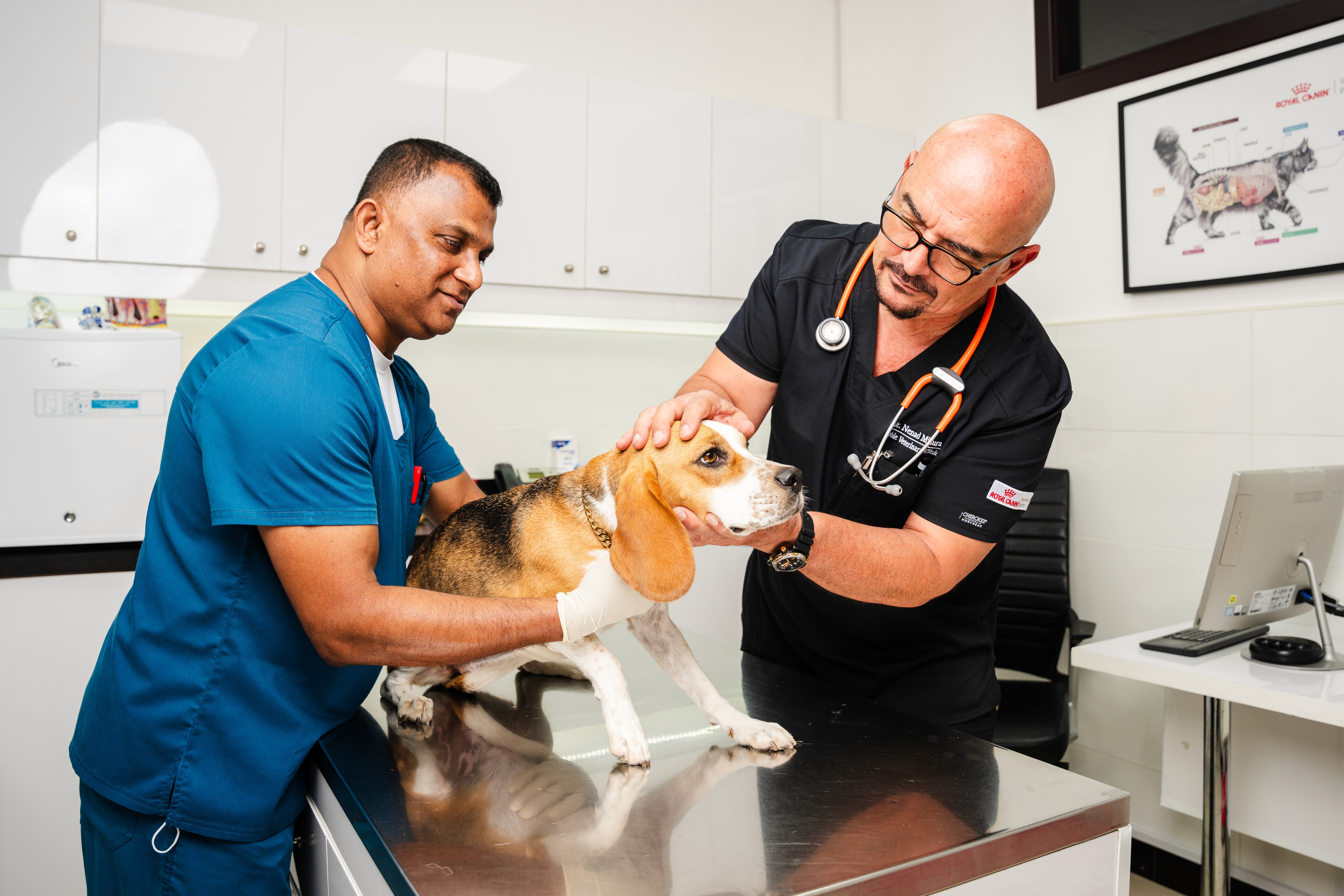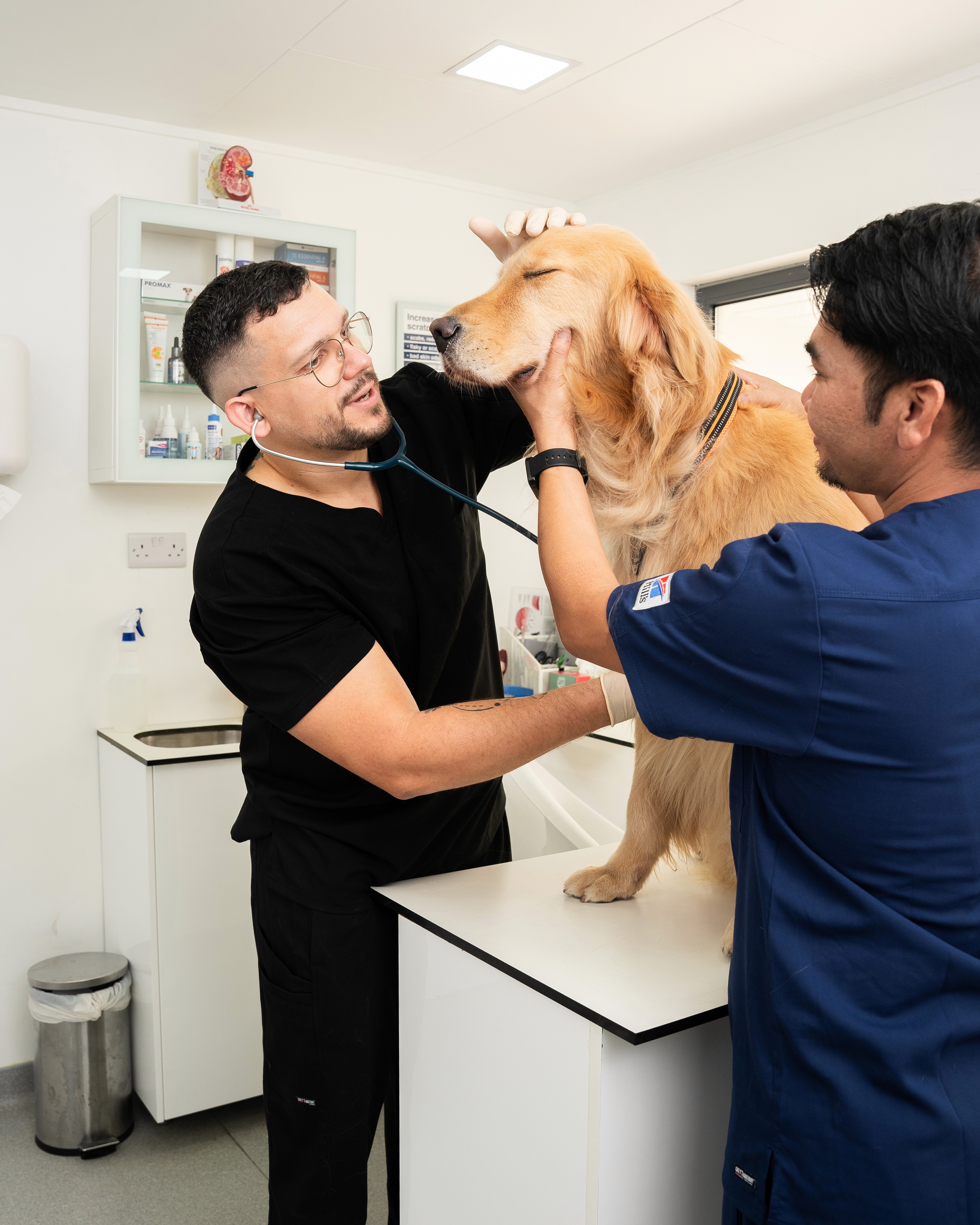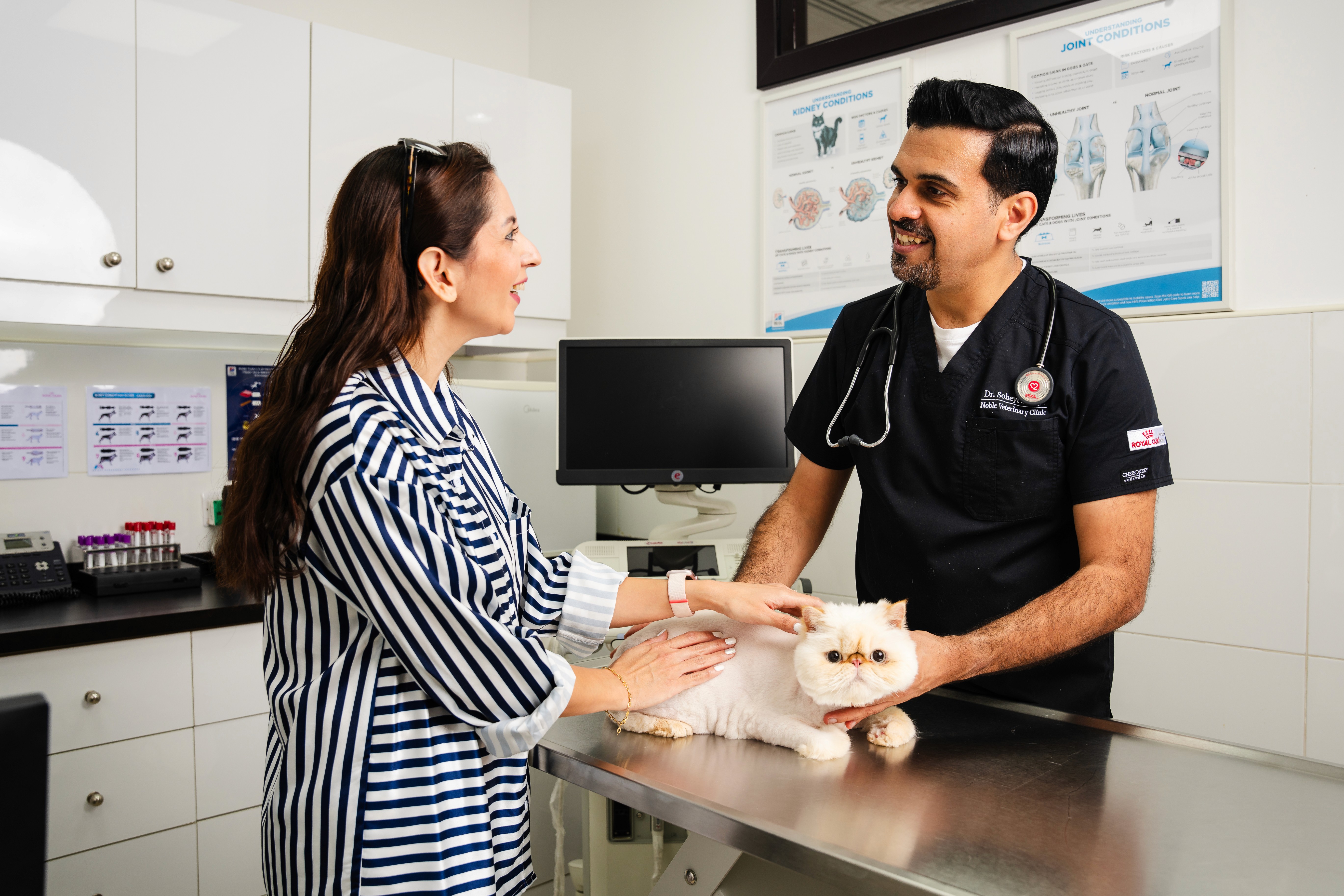20/01/2025
Parasites are common but can easily be overlooked, which can be harmful to your dog’s health. While some parasites may not cause immediate and severe symptoms, they can lead to serious complications when left untreated.
Some parasites can also be transmitted to humans. This is why preventing parasite infestation in your dog is important. In doing so, you can protect both your pet and your family’s health.
In this guide, we’ll have an in-depth look at the types of parasites that affect dogs, how to recognize the symptoms, and the treatments available. We’ll also know how to prevent these pesky parasites from harming your canine companion.
Common Internal and External Parasites in Dogs
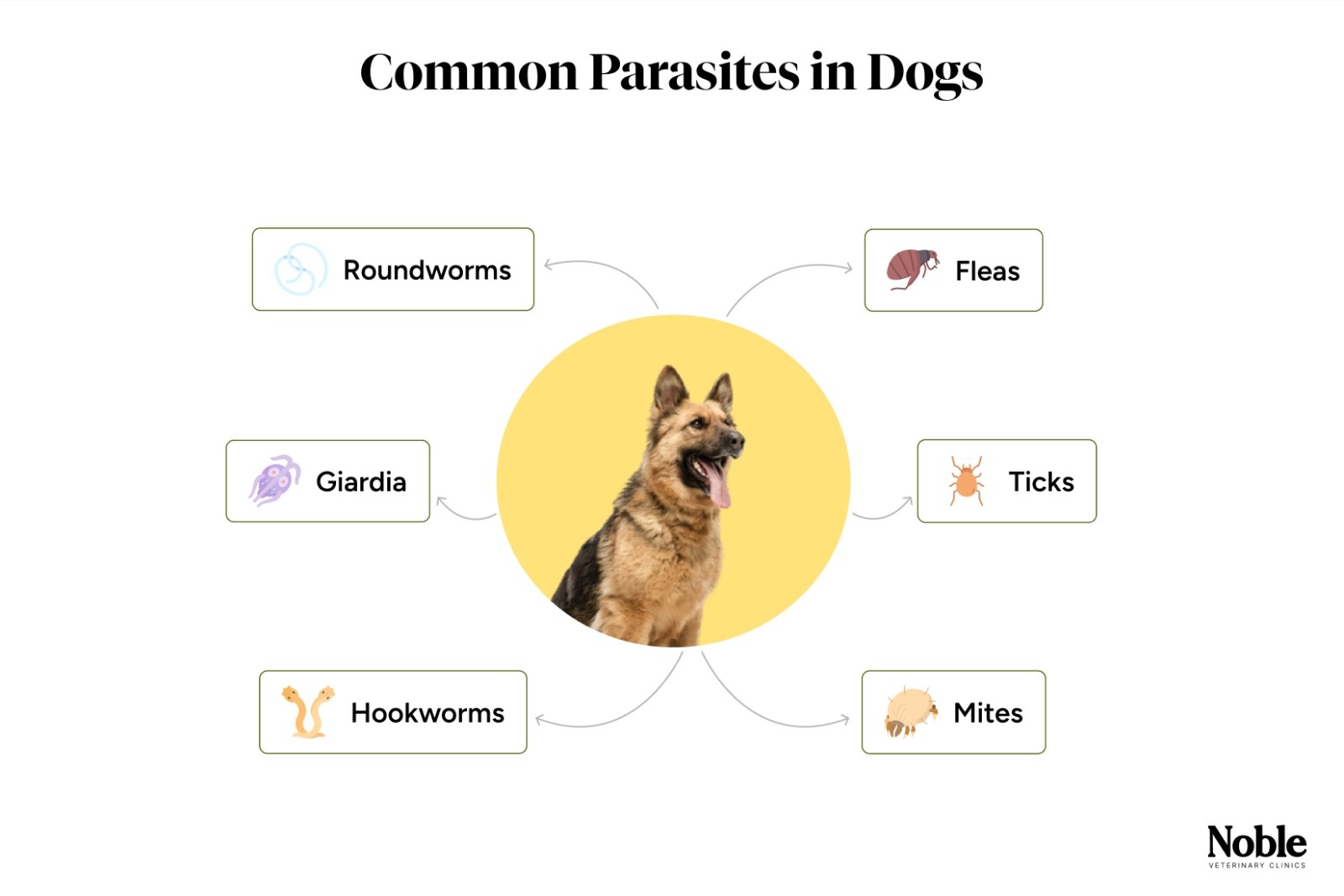
There are two types of parasites in dogs: internal and external. Both types present serious health risks and need expert medical attention. Here are the common types of parasites found in dogs.
Internal Parasites
Roundworms
Roundworms are one of the most common internal parasites, especially in puppies. These worms can grow up to several inches long. They can be passed through the mother dog’s milk or ingestion of contaminated soil or smaller animals. These parasites absorb the nutrients meant for your dog, leading to malnutrition if left untreated.
Hookworms
Hookworms latch onto the intestinal walls, feeding off your dog’s blood. These may cause dangerous blood loss and anemia. The parasites can penetrate your dog’s skin through the paws, making them highly contagious. Puppies and dogs with vulnerable immune systems can easily get hookworms.
Whipworms
Another common internal parasite is the whipworm. They travel and live in a dog’s large intestines, causing many stomach problems. Your dog can get whipworms when they come in contact with or ingest contaminated soil or water with the parasite eggs.
Tapeworms
Flat, segmented worms that fleas carry are called tapeworms. If your dog accidentally ingests fleas, they can get infected and experience a variety of symptoms. It’s important to remember that tapeworms can also affect humans, so treatments are highly necessary.
Heartworms
Heartworms are some of the most dangerous internal parasites in dogs. These parasites live in the heart and lungs and are transmitted by mosquitoes. When left untreated, heartworms can be fatal.
Giardia and Coccidia
Giardia and coccidia are microscopic parasites that dogs can contract through contaminated water or soil. They’re highly dangerous in puppies and dogs with developing immune systems.
External Parasites
Fleas
Fleas are tiny, wingless insects that latch onto your dog and feed on blood. A flea can transmit tapeworms and other diseases, so it’s vital to manage flea infestations immediately. These parasites can easily spread around your home and lay eggs in carpets and beds.
Ticks
Ticks are a part of the spider family that also feed off blood in dogs, just like fleas. They can transmit severe illnesses like Lyme disease. They can latch onto a dog’s skin, and they can be hard to spot. Dogs that love running through grassy and wooded areas can easily catch ticks.
Mites
Mites are microscopic parasites that can cause dog ear mites and mange. Dogs with mite infestations are highly contagious, quickly transmitting the parasites to other animals and even humans.
Lice
Lice are insects that feed on a dog’s blood. These parasites are easier to manage compared to other external bugs, often through regular grooming. Dogs, especially those with weak immune systems, that live in poorly maintained environments can easily get lice.
Symptoms of Parasites in Dogs
Understanding and knowing the signs of parasite infestations can help you catch problems early in your dog. If your dog doesn’t get immediate treatment, they can experience long-term health damage. Here are the symptoms you need to watch out for.
Weight loss or poor coat condition
Diarrhea, vomiting, or coughing
Excessive scratching or licking
Visible signs of worm segments in stool
Swollen abdomen
Fatigue or difficulty breathing
If you see any of these signs in your dog, take them to the vet clinic as soon as possible. If your pet gets diagnosed and treated immediately, the chances of parasite infestations will be minimized significantly.
Diagnosing Parasite Infestations in Dogs
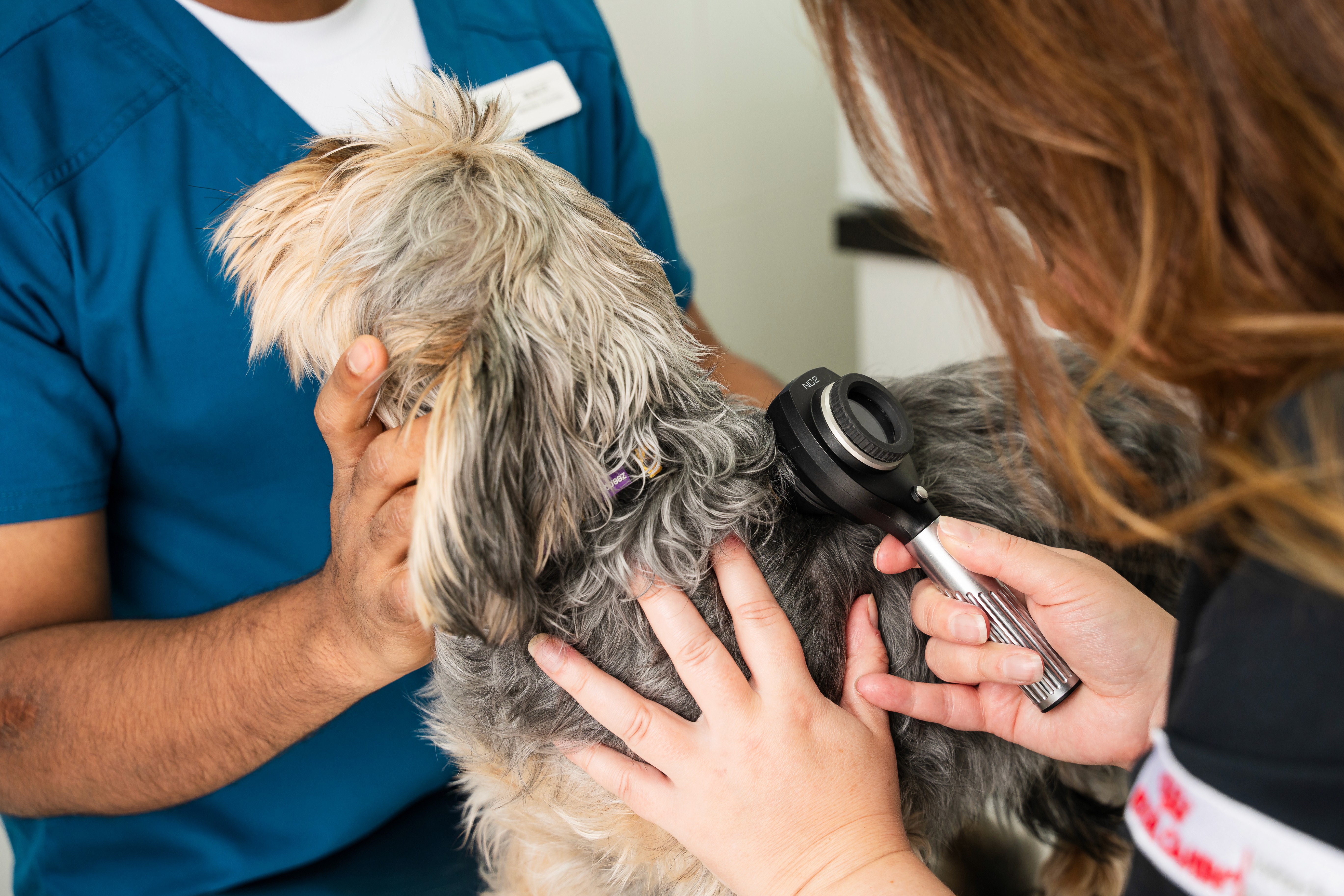
When you bring your dog to the veterinarian to check on parasites, they’ll conduct a complete examination and run some tests depending on the symptoms they find. If they see symptoms or parasites, they often begin with a fecal analysis to detect internal parasites.
When the vet suspects blood parasites in your dog, they may perform a blood test to see if your pet is suffering from anemia. For suspicions of external parasites, your vet may lightly scrape your dog’s skin to collect samples they can check under a microscope.
In complex cases, your vet may use diagnostic imaging tools like X-rays or ultrasounds to detect parasites that may already be affecting vital organs.
Diagnosing parasite infections early can help your vet create an effective treatment plan. If you see any symptoms of a parasite infestation in your dog, don’t hesitate to contact or bring your pet to the clinic for veterinary care.
Treatment Options for Parasite Infestations
Once your vet has accurately diagnosed the parasite in your dog, they’ll recommend a treatment plan. The treatments are meant to target the specific parasites that are pestering your pet.
Internal Parasite Treatments
Treatments for internal parasites may depend on the type and severity of the infestation. Your vet may use one or more medications to completely eliminate the parasites.
Deworming medications – Vets often recommend deworming treatments for roundworms, hookworms, and whipworms. Dog dewormers are effective in clearing internal parasites from the intestines.
Heartworm treatment – Heartworms can be tricky to treat and would require several steps. Your vet will administer medicine to target the bacteria supporting heartworm larvae and injections to kill adult worms.
Antiprotozoal medications – These medicines target giardia or coccidia, which are given for several weeks to clear the parasite infection.
External Parasite Treatments
For external parasites, your vet may recommend two options: topicals and oral medications. Spot-on treatments and medicated shampoos are often prescribed by vets for ticks, fleas, and mites. These are directly applied to your dog’s skin and often used monthly or as instructed by your vet.
Oral medications are effective in treating fleas and ticks. They’re usually in the form of chewable tablets. They circulate the bloodstream once ingested and kill the parasites when they feed off your dog’s blood.
How to Prevent Parasite Infestations in Dogs
Preventing parasites may be easier than treating an infestation that’s already spread inside or around your dog’s body. Here are a few friendly reminders to help you prevent parasites in your dogs.
Take your dog to annual checkups so your vet can monitor early signs of parasites.
Don’t forget monthly parasite medications that are either in topical or oral forms.
Clean up your dog’s feces as soon as possible to prevent the spread of parasites.
Regularly groom your dog with medicated shampoos to remove fleas, ticks, and mites.
Prevent mosquitoes using repellents and removing stagnant water around your home.
Conclusion
Parasites can be concerning, but with the right knowledge on spotting symptoms and preventing infestations, you can make sure your dog is healthy and happy. At the first sign of parasites in your dog, take them to the vet clinic immediately.
You must also remember that there are parasites that can be transmitted from dogs to people. To protect yourself and your family, wash your hands thoroughly after cleaning up with your pet and sanitize your home regularly to clear it from any parasites.
With proactive measures, you can effectively prevent parasite infestation in dogs. Your veterinarian will always be ready to help you keep your dog parasite-free. And in the event your pet contracts parasites, they will accurately diagnose and treat your dog promptly.
Subscribe to Our
Newsletter
Sign up for weekly pet health tips and insights from our veterinarians.
